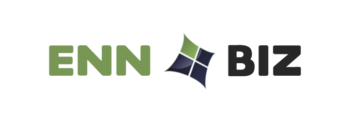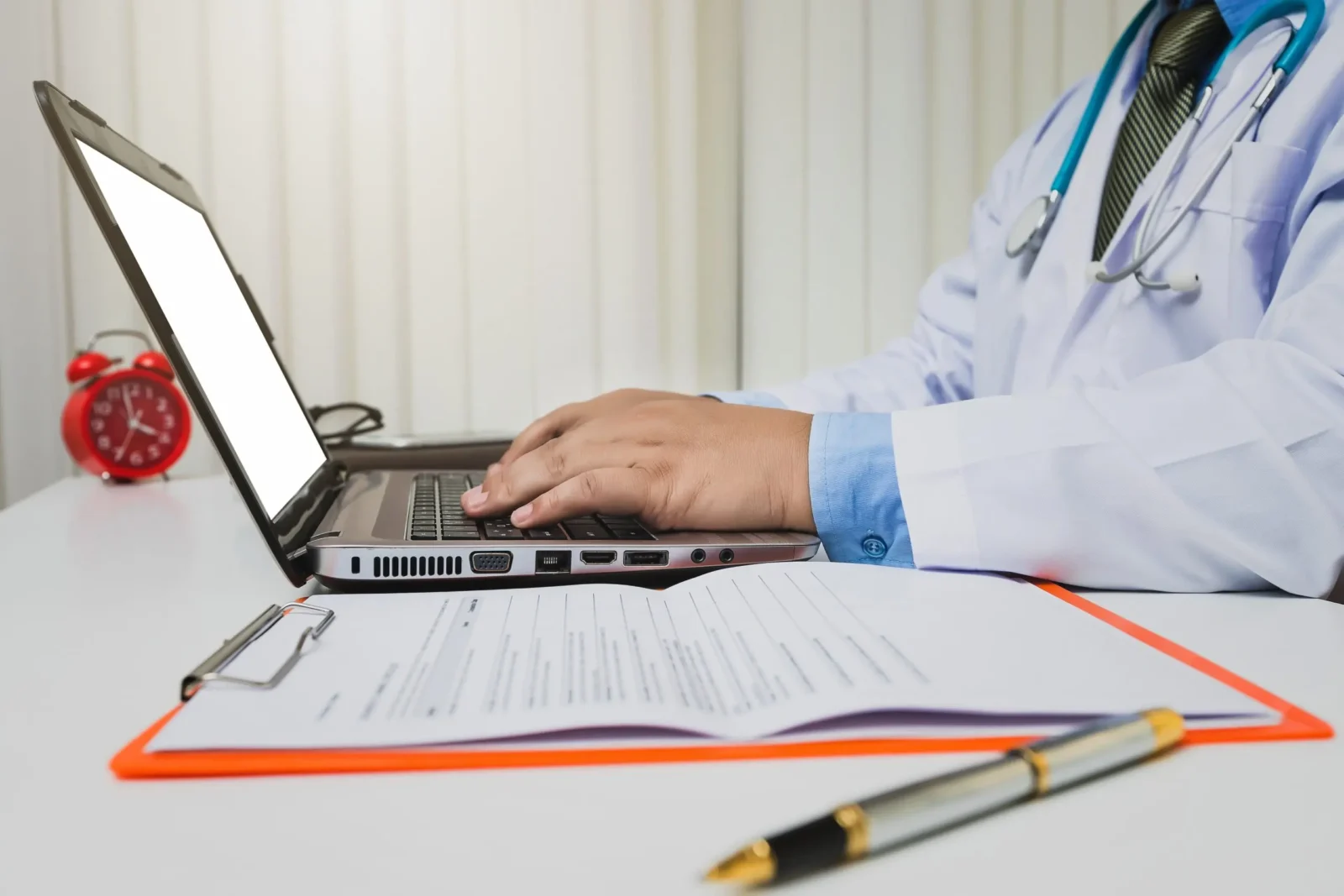A 2 day medical certificate is commonly used to cover minor health setbacks requiring limited recovery time. These certificates verify legitimate health concerns that develop during evenings, weekends, or holidays when traditional medical offices remain closed. Understanding when these after-hours certifications prove necessary helps prepare for unexpected illness situations requiring prompt documentation.
NextClinic supports individuals seeking timely certifications without being limited by standard schedules. These platforms connect patients with qualified healthcare practitioners during evenings, weekends, and holidays, enabling legitimate medical assessment and certification when traditional clinics remain unavailable. This expanded availability addresses urgent documentation needs that previously created challenges for individuals becoming ill outside regular healthcare hours.
Sudden weekend illnesses
- Unexpected viral infections – Viral illnesses frequently emerge with minimal warning, often developing rapidly during weekend periods when traditional medical offices remain closed. These sudden infections may require immediate certification if symptoms prevent returning to work on Monday morning.
- Acute gastrointestinal episodes – Food poisoning or viral gastroenteritis commonly strikes without warning during weekend periods, creating immediate needs for medical documentation when symptoms continue into scheduled workdays. These conditions typically qualify for short-term certification due to their temporary but significant functional impact.
- Weekend injuries – Minor accidents occurring during weekend activities might require medical documentation if resulting limitations affect Monday’s work capabilities. These injuries often necessitate prompt assessment and certification through after-hours services rather than waiting for traditional clinic availability.
Holiday period documentation
After-hours certification proves particularly valuable during extended holidays when conventional medical facilities maintain limited availability for days. These prolonged closures create documentation challenges when illness strikes during major holidays or surrounding days. Without after-hours options, individuals might face difficult choices between attending work while ill or taking undocumented absences. The holiday typically coincides with seasonal illness spikes that increase certification needs. Winter holidays correlate with increased respiratory infection rates, creating higher demand for medical documentation when traditional services operate at reduced capacity. After-hours certification helps address this seasonal mismatch between illness rates and traditional medical availability.
Night shift worker needs
Workers maintaining non-traditional schedules face unique challenges accessing medical certification during their personal “business hours.” Night shift employees may find conventional daytime medical appointments incompatible with their sleep schedules, creating significant disruption beyond their illness symptoms. After-hours certification services align better with these alternative schedules, enabling documentation without requiring schedule adjustments during illness recovery.
Traditional medical office hours often coincide with these workers’ necessary sleep periods, creating forced choices between adequate rest and obtaining required documentation. This misalignment makes after-hours certification particularly valuable for maintaining appropriate documentation while preserving recovery-supporting sleep patterns during illness.
Rapid onset conditions
- Migraine attacks – Severe migraines commonly develop rapidly with minimal warning, sometimes progressing from mild discomfort to debilitating symptoms within hours. When these sudden episodes occur outside business hours but prevent next-day work attendance, after-hours certification provides appropriate documentation.
- Allergic reactions – Unexpected allergic responses sometimes develop suddenly from environmental exposures, creating significant symptoms requiring immediate documentation. These reactions may qualify for short-term certification, particularly when symptoms temporarily prevent specific work functions.
- Acute anxiety episodes – Sudden mental health episodes sometimes require immediate documentation, particularly when symptoms temporarily prevent work capacity. After-hours certification acknowledges these legitimate health concerns without requiring distressed individuals to wait for traditional office hours.
2 day medical certificate helps fill a healthcare documentation gap when illness does not align with business hours. The expanded availability reflects a commitment to supporting health needs whenever they arise.






